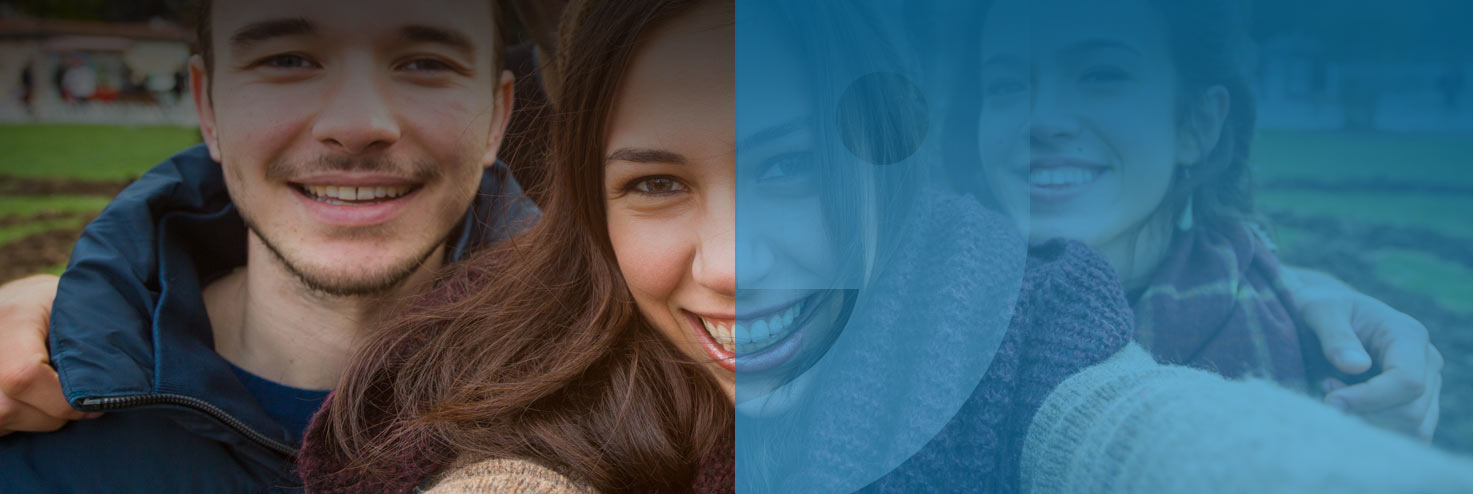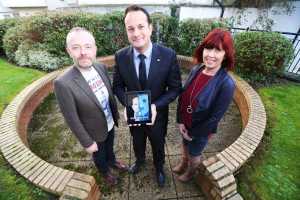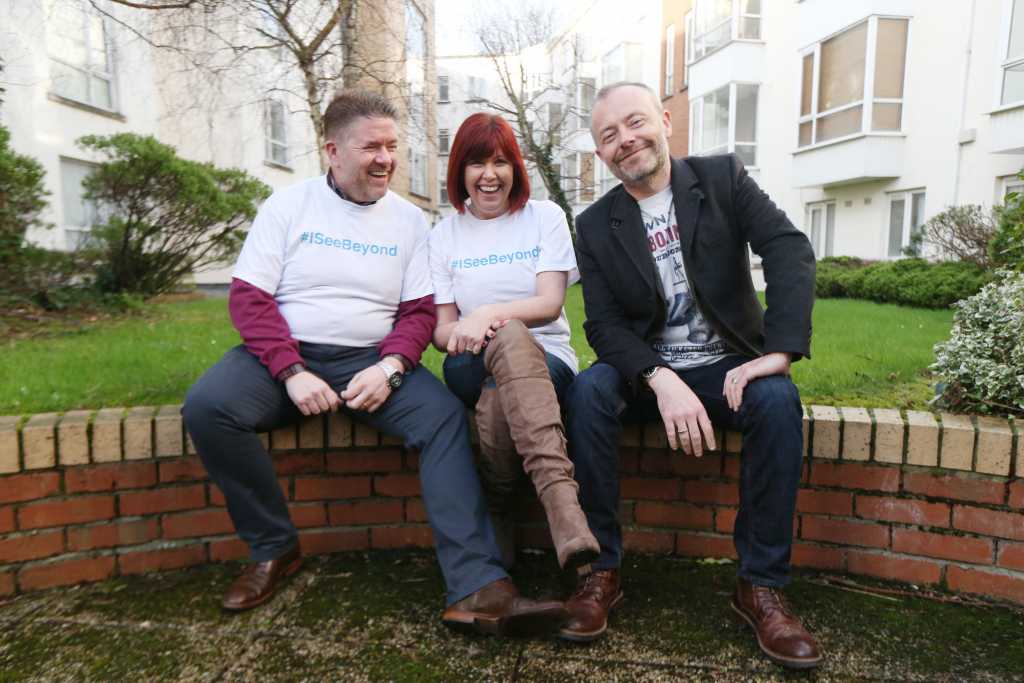Headway and Epilepsy Ireland have joined forces to raise awareness of hidden disability through a campaign entitled ‘I See Beyond’ (#iseebeyond). The campaign comprises six short videos depicting real life scenarios to promote positive attitudes towards people living with a hidden disability.
“7 in 10 people would not feel comfortable telling their employer they had a hidden disability”
Minister for Health, Leo Varadkar TD, was the first to show his support of #iseebeyond on his own social media pages today, and called on members of the public and businesses in Ireland to follow suit by visiting iseebeyond.ie, where anybody can create their own free personal icon for Facebook or Twitter.
Speaking at the launch at Headway’s headquarters in Dublin, Minister Varadkar said:
“I am very happy to support the ‘I See Beyond’ message. I think it’s a very important one. It’s time for all of us to take a long overdue step towards a more inclusive society, and the best way to do that is through education. A national survey on attitudes to disability by the National Disability Authority in 2011 showed that attitudes to people with disabilities have improved enormously, but less so for hidden disabilities such as epilepsy or acquired brain injury.
“The stories being told as part of the I See Beyond campaign should touch the public consciousness and help to bring about a more compassionate response. I’d encourage everybody to get behind this campaign and get the conversation going. It doesn’t cost anything, and it only takes a few seconds of your time to show support on social media. But the difference you can make is invaluable.”
Hundreds of thousands of people across Ireland are affected by hidden disability. Epilepsy and Acquired Brain Injury (ABI) are just two of many that the #iseebeyond campaign is setting out to highlight in Ireland. There are an estimated 30,000 people in Ireland living with an ABI and 37,000 people living with epilepsy.
Despite this staggering prevalence, a national survey* conducted recently by Amárach Research revealed an overwhelming lack of awareness for hidden disabilities, or disabilities that do not comprise a noticeable physical difference.
- 7 out of 10 respondents admitted they did not know the meaning of the term ‘hidden disability’.
- When asked to name disabilities, the top two listed were blindness and mobility impairment, both of which usually carry a recognisable physical or obvious difference.
- When prompted for what could be categorised as a hidden disability, depression was mentioned most often, followed by diabetes and epilepsy.
- A staggering 7 in 10 people admitted they would not feel comfortable telling their employer that they had a hidden disability.
- 9 in 10 employees in Ireland say workplace lacks awareness of hidden disabilities.
Well known radio presenter Rick O’Shea, who has worked with Epilepsy Ireland for over ten years and was diagnosed with epilepsy at aged 16, also spoke at the launch:
“I’m proud to help launch this campaign with Headway and Epilepsy Ireland. I strongly believe hidden conditions such as epilepsy should get the awareness they deserve, and #iseebeyond will definitely shine a light where it’s needed.
“From personal experience, I can say it’s so important for people to understand what living with something as hidden as epilepsy can mean and entail. Once the fear is gone, so too will the stigma around it and feelings of exclusion, which, sadly can often occur for people who have a hidden condition.
I’d love if as many people and companies as possible could get behind this campaign and show their support on social media. We should all do our bit to get the discussion going.”
CEO of Headway, Kieran Loughran was keen to highlight that people living with a brain injury can seem physically fine but underneath can be living with extreme and often debilitating difficulties:
“An acquired brain injury can be the result of a number of factors, including stroke, infection or a blow to the head but the message here is the effect of an ABI – it can change the life of an individual and their family.
“We want people to think twice and remind everybody that any human being in front of them may have unseen challenges in dealing with daily life despite their appearance. We can see from the research that most people are unaware of the challenges facing someone with brain injury. We want to reverse this lack of awareness for all disabilities that are classed as hidden.”
#iseebeyond is reaching out to companies, universities, community services and individuals through a series of 6 short videos to promote positive attitudes towards people living with a hidden disability. Facebook and Twitter users can get behind the cause by creating their own personal icon at iseebeyond.ie.
Companies already supporting #iseebeyond include Munster Rugby, Energia, Justeat.ie, Flogas, IRUPA, HAVAS, BDO and Marketing Network, amongst others.
Visit iseebeyond.ie to share your own story or find out more ways you or your business can get behind the cause. Find us on Facebook, Twitter and Instagram.
*Survey was conducted by Amárach Research from 7-11 December 2015 across a total of 1,000 participants in Ireland. It included quotas set on gender, age, social class and region to achieve a sample aligned with national population.






